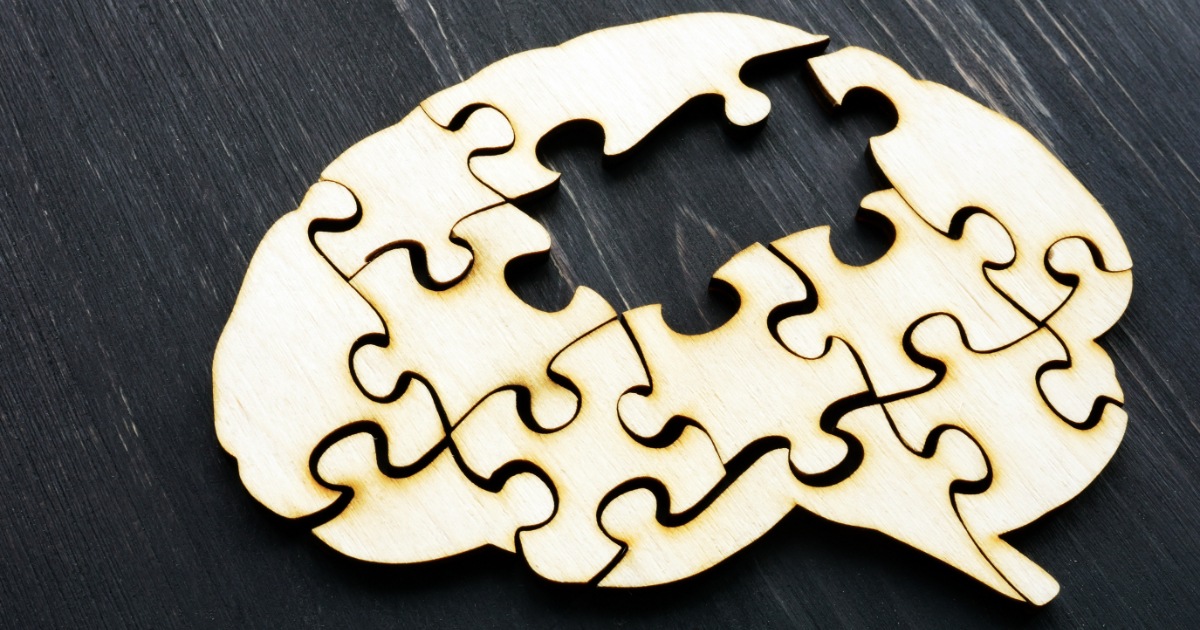Things are pretty tough right now for most people...
...because the COVID 19 pandemic has affected so many areas of our lives.
Contact with family and friends has been reduced, jobs have been lost and schools and nurseries have been shut. Plus the threat of a second wave of infections is talked about on a daily basis.
It's been a hard time - for staff and pupils.
And now teachers and support staff will be back in school, teaching pupils, many of whom won't have been in school for six months.
So how can we help our pupils - especially if we're feeling anxious ourselves about what's going on right now?
The answer: We need to become masters in self regulation. And we need to help our students learn self regulation strategies.
But what exactly does the term self regulation mean - and what is its impact on classroom behaviour?
What are self regulation skills?
Self regulation skills include:
- The ability to understand and manage emotions
- Understanding your own stress response - and then managing your behaviour in a positive way
- Learning how to control impulses
- Being able to not over-react when upset or excited
- The ability to calm down after an incident
Most adults can self regulate the majority of the time - and this is especially important for teachers.
If you don't have good regulation skills then you're likely to have worse health (and mental health) outcomes... and find stressful situations hard to deal with. And we know that schools are stressful places within which to work!
Part of our role is to calm, provide comfort and soothe children when they are worried, sad or agitated. This is called co-regulation. Then, over time, children can develop the skills to be able to do this for themselves.
But the thing is... we can only do this when we're able to self regulate ourselves.
Remember, hurt people only hurt others - often without even knowing.
How do children learn self regulation skills?
Children's ability to regulate comes from a mixture of their genes and what they learn from the adults around them.
When adults act as a good role model, responding consistently to their child's emotional needs, they're providing a learning process that is more likely to help their child develop good emotional regulation.
Adults who provide inconsistent emotional support to a child are more likely to have children who have difficulty with self regulation, and their child may behave defiantly or disruptively.
Mental health difficulties may also impact on the child's ability to self regulate.
What is co-regulation?
Co-regulation is when the caregiver has to help the child through emotional distress - because the child isn't able to do this by themselves.
This builds neural pathways so the child can learn to self regulate.
The main thing to know here is: Self regulation strategies can be taught but only once the child can co-regulate.
Think about how anxious some of your pupils are going to be returning to school this week. We need to get ourselves into a position where we can calm our pupils and instil them with confidence.
How can I teach regulation skills to students?
With a few proactive steps, we can improve our own emotion self regulation - and the regulation skills of our students as well.
- Know when to ask for help yourself. This is going to be a challenging time for everyone. If you need support don't suffer in silence, seek support.
- Talk about emotions and feelings with your pupils. A better emotional vocabulary has been linked with improved regulation skills.
- Role model what you do to self regulate. Talk about the regulation strategies you use so pupils can learn from your thought processes.
- Talk about mistakes you've made in the past - and what a better choice would have been. This will help you connect with your pupils, and help them understand that learning from mistakes is a natural part of life.
- Expect some of your pupils to struggle with the return to school and treat them with empathy and calm. Now is not the time to be the teacher who doesn't smile until Christmas!
Key takeaways
Having good self regulation skills is a key marker of success in life - both for adults and pupils. And helping pupils develop them will lead to a happier learning environment for everybody.
So remember:
- You have to be regulated yourself before you can co-regulate someone else!
- Actively role model regulation strategies to your pupils
- We need to ensure that we look after ourselves so that we're in the best position to help our pupils. So seek help if you need it!

